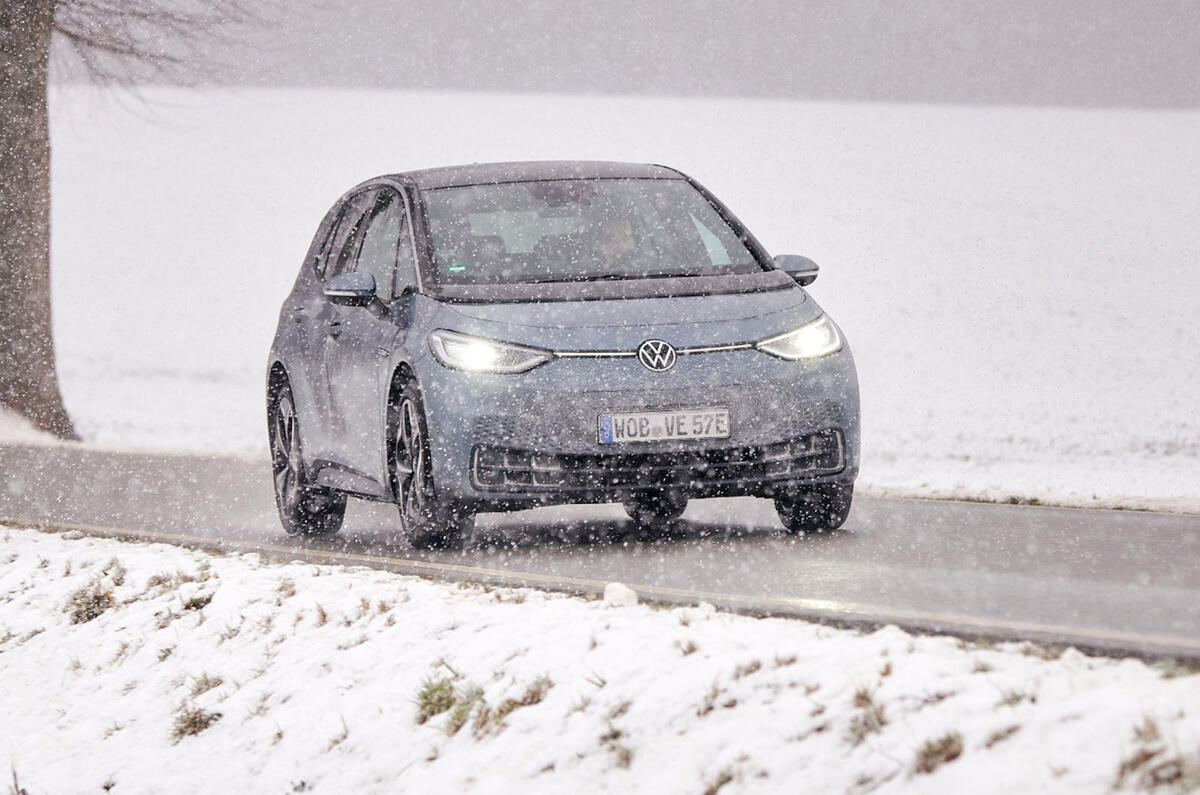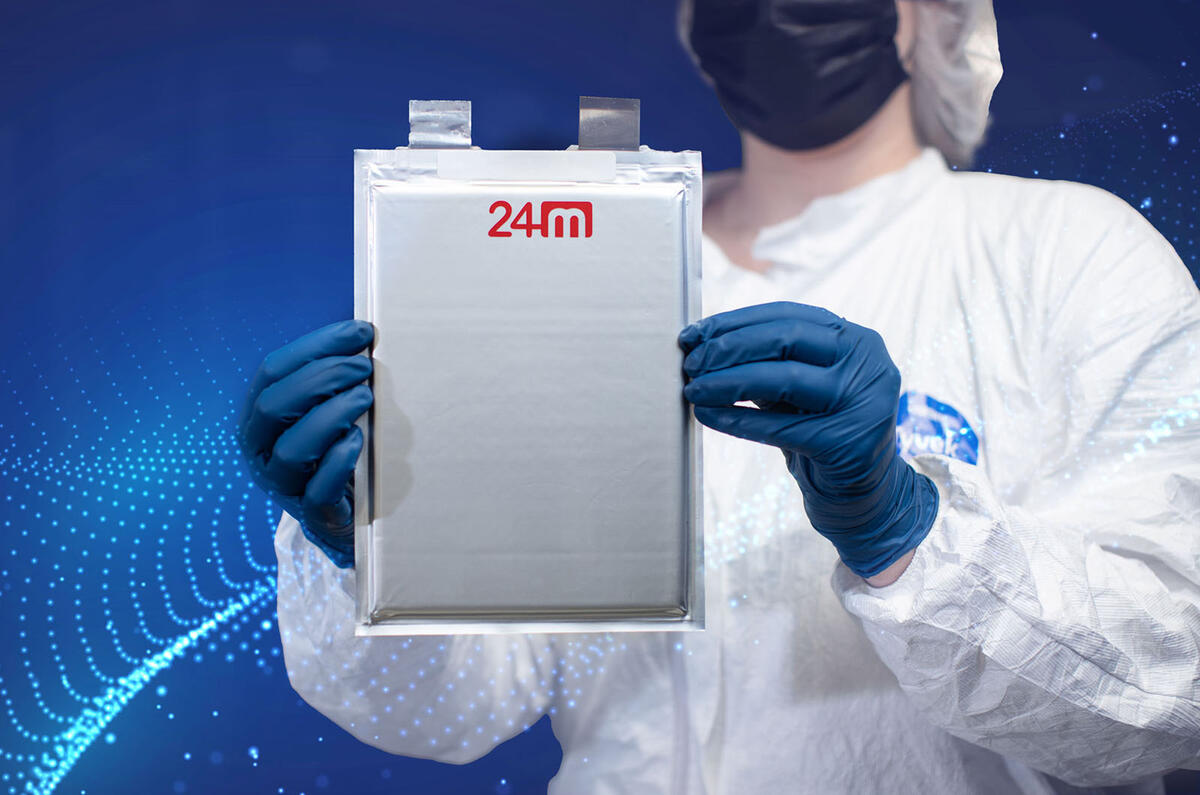That old favourite ‘there’s no such thing as a free lunch’ may be a cliché, but where energy is concerned, it’s never been more appropriate than it is now. Tyre manufacturers have been warning about the pitfalls of poor tyre maintenance forever, but in truth, how many drivers see it as a major priority?
Continental points out that it’s not just our wallets that are under stress at the moment, but tyres are too, and the two are connected. Both the compound and the design of winter tyre sipes (the myriad of slits on the blocks of the tread) are designed to perform better on cold surfaces as well as on ice and in snow.
The way they do that is by being malleable enough to deform and grip the surface, but a by-product of that is higher rolling resistance which reduces the tyre’s energy efficiency. That, plus the softer compounds designed to work in low temperatures, leads to more rapid tyre wear than summer tyres.
This is where tyre pressures, which all tyre companies emphasise the importance of, play an even bigger role in energy consumption and tyre life. Continental engineers say if the pressure in a tyre is 0.4 bar lower than it’s supposed to be, the life of a winter tyre could be reduced by a whopping 30%. At the same time, fuel costs will rise by around 2%, so the maker’s recommendation is to check the pressures every couple of weeks.
Winter tyres are also a little more susceptible to the rigours of overenthusiastic driving. Hard acceleration, braking late instead of allowing more time and largely coasting to a halt is what Continental describes as a “high-impact” approach that leads to rapid tread wear. Instead, it recommends anticipation of events as they unfold and allowing a decent distance behind the car in front.
Used in the way tyre manufacturers predict, that winters will be swapped for summer tyres in the warmer months, means taking care of them off the car as well as on. Storing them carelessly can deform them and damage the compound.
It’s a big ask when keeping tyres at home, but the ideal is to store them on the rims, inflated to a higher pressure and suspended off the ground on hooks or a rack. It’s okay to stack them if removed from the rims, but they should be turned periodically – which is what should be happening if the tyres are being cared for by a tyre specialist or dealer.
Another thing to watch where energy use is concerned is the unnecessary use of electrical equipment. According to battery manufacturer Varta, every 100W of power consumed from equipment such as the seat, steering wheel and screen heaters is worth 0.1 litres of fuel every 62 miles. That may not sound like much, but considering that a heated screen alone consumes around 120W, ventilation around 170W and air conditioning 500W, it all adds up. So it’s worth bearing in mind that it’s not just EV drivers who pay a range and price penalty for using ancillary equipment – drivers of ICE-powered vehicles do as well.








Add your comment